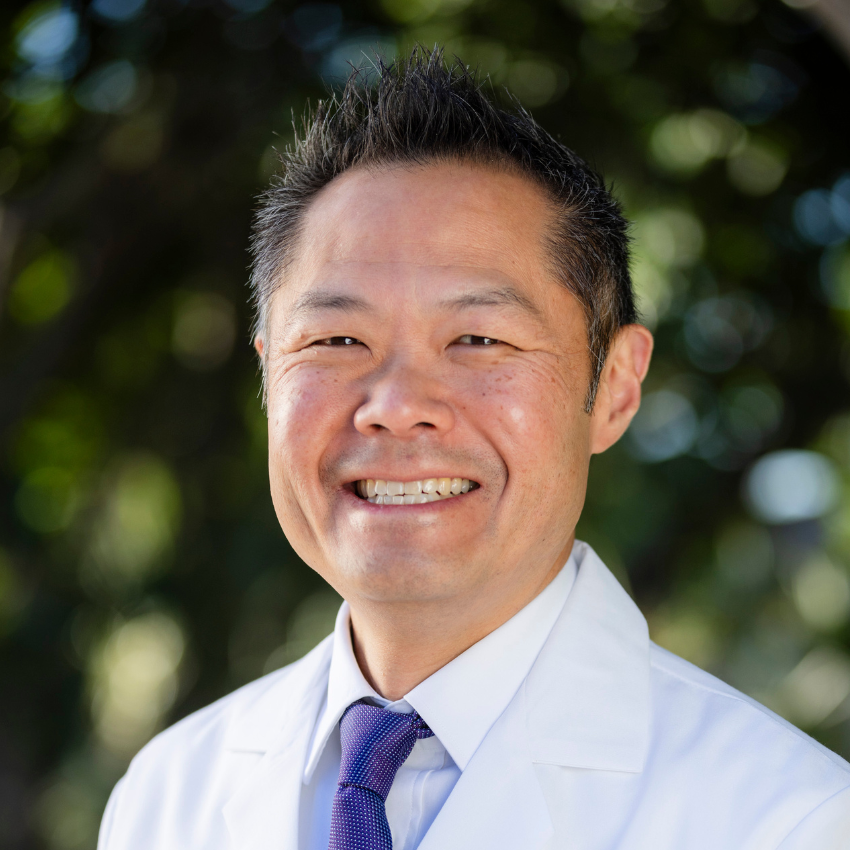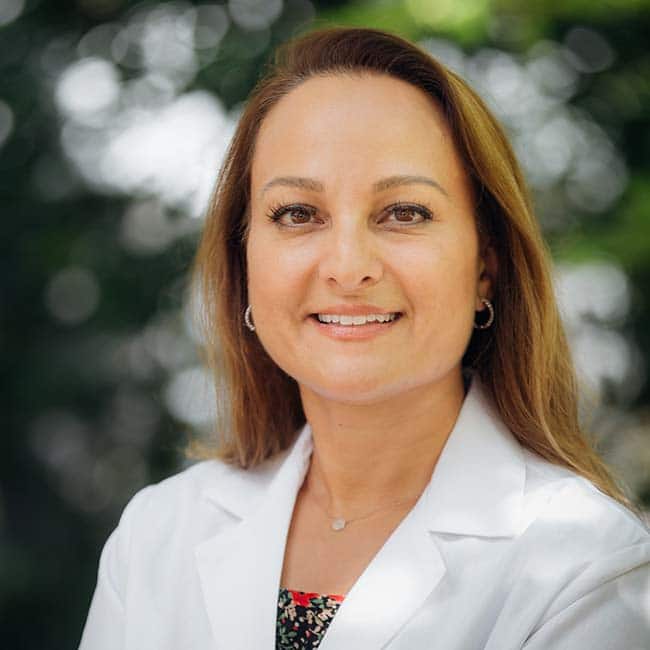Center for Male Fertility
Male factor is the cause of infertility in 40 to 50 percent of couples. The Center for Male Fertility at Shady Grove Fertility offers a range of services including basic evaluation and testing to state-of-the-art microsurgical techniques.
When patients are diagnosed with a male factor, the urologist and reproductive endocrinologist work together to optimize treatment outcomes for the couple. This integrated care model, unique to Shady Grove Fertility, was designed to provide comprehensive male and female infertility services to ensure continuity of care and communication for both partners before, during, and after treatment.
Patients outside of Shady Grove Fertility may be referred directly to Drs. Shin, Tanrikut, Hayden or Marinaro for diagnostic testing, evaluation, and/or treatment for male infertility and vasectomy.
Additional Information
In vitro fertilization
Intrauterine insemination
Causes of infertility
Single parents
LGBTQIA+ family building
Meet the team
Russell Hayden, M.D.
Reproductive Urologist
Jessica A. Marinaro, M.D.
Reproductive Urologist
Paul R. Shin, M.D.
Director of Reproductive Urology
Cori Tanrikut, M.D.
Reproductive Urologist
Services
History and physical
An evaluation involves a full medical history and physical. A thorough review of any childhood medical issues, ongoing medical treatments, current medications, as well as sexual functioning can often reveal risk factors for male factor fertility problems.
Semen analysis/male fertility testing
Male testing requires a simple semen analysis, a non-invasive, low-cost test of a semen sample to assess the sperm’s ability to fertilize an egg.
Hormone tests
Hormone testing in men can help detect a hormonal imbalance by measuring the following hormone levels as well as checking for genetic defects:
Treatment options
Hormone replacement therapy
One of the most common medication-induced causes of male fertility issues is testosterone replacement therapy. Our reproductive urologists offer men with low testosterone alternate methods of supplementation that allow sperm production to be maintained while still addressing symptoms.
Varicocele repair
Varicocele repair is typically done to improve the fertility of men who have both a varicocele and impaired sperm. Repair involves a quick outpatient surgery and a minimal recovery period.
Vasectomy reversal
After a successful vasectomy reversal, sperm are again present in the semen. Many factors affect reversal success, including time since the vasectomy, partner age, and physician experience and training. One unique aspect of our vasectomy reversal program is that both Drs. Shin and Tanrikut perform the reversals together, maximizing the training and experience of your operating surgeon.
Vasectomy
A no-scalpel vasectomy is a specialized way of performing the procedure that removes sperm from the ejaculate that would result in a pregnancy. It is a simple outpatient procedure that involves a minimal recovery period.
Traditional fertility treatments
Patients experiencing male factor infertility may need traditional fertility treatments to conceive including intrauterine insemination (IUI) or in vitro fertilization (IVF). In some cases, IVF may be paired with intracytoplasmic sperm injection (ICSI) — in which an embryologist injects a single, healthy sperm into the center of each egg.
Percutaneous epididymal sperm aspiration (PESA) or testicular sperm extraction (TESE)
When very small amounts of sperm are found in the ejaculate, your physician can use techniques to retrieve sperm such as percutaneous epididymal sperm aspiration (PESA) or direct sampling of sperm from the testicle (TESE). Both are outpatient surgical procedures with minimal recovery.




